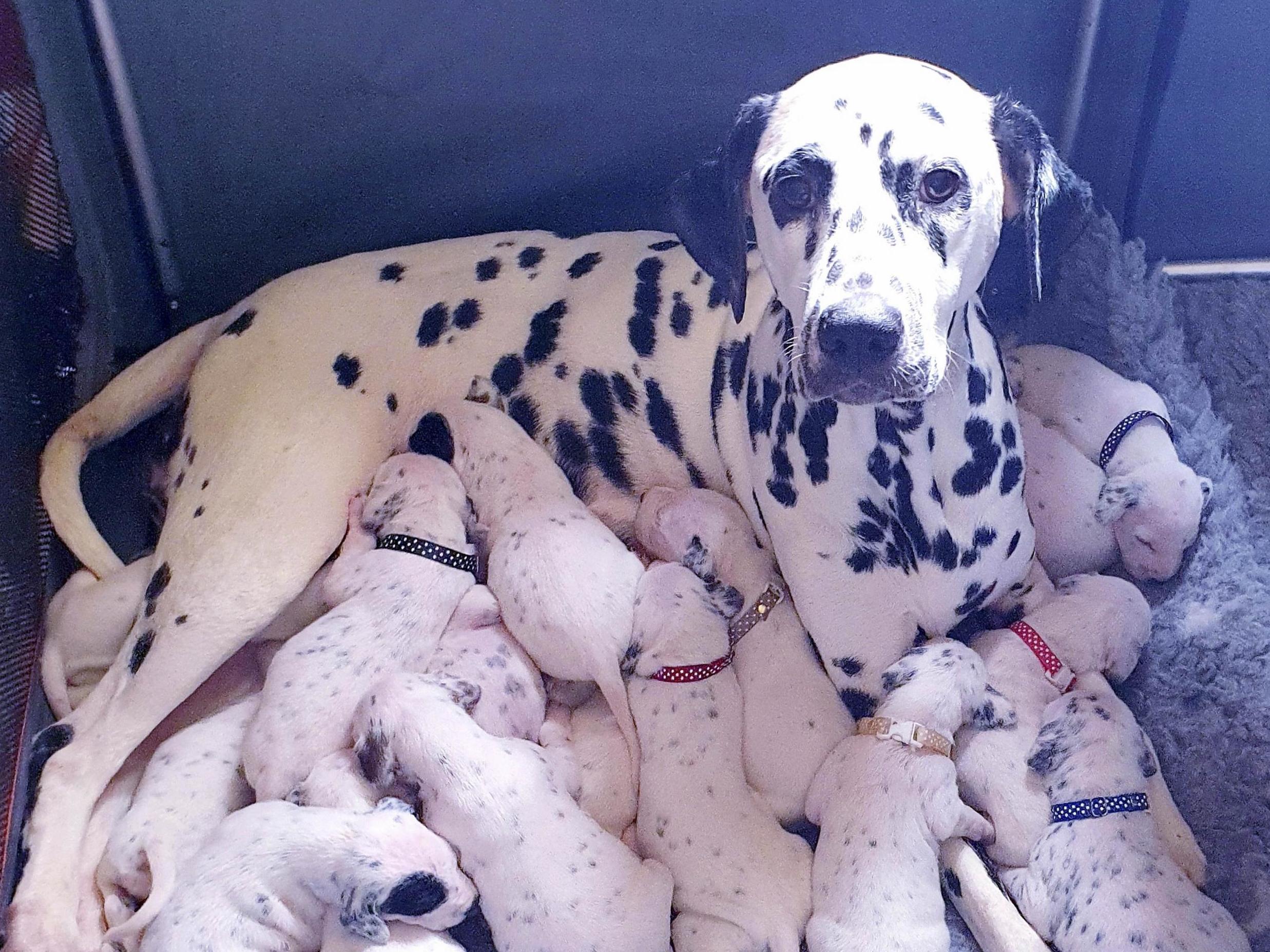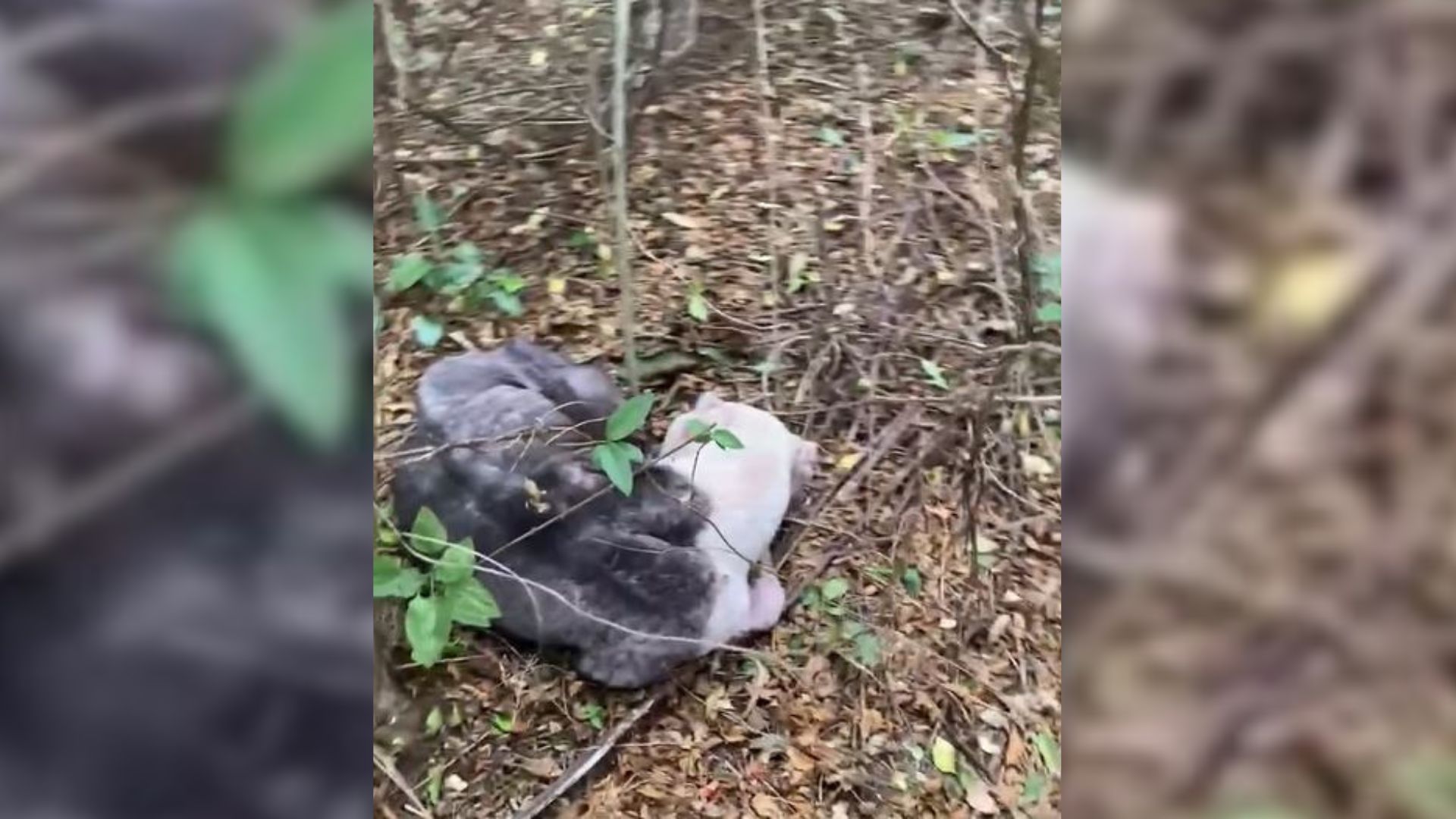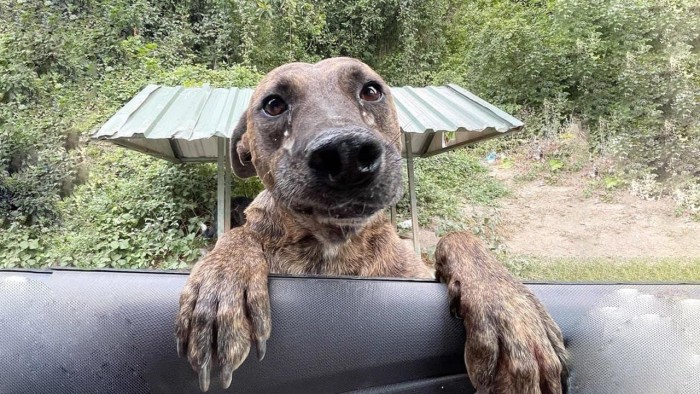
Cases have been reported in Oregon, Colorado, Indiana, Illinois, Washington, Idaho, California and more.
A mystery illness sickening dogs in at least 14 states in the U.S. is concerning veterinarians, as some dogs have died from the disease and the holiday season may increase dogs’ risk for contracting it.
Since early November, multiple groups, including the Colorado and Oregon departments of agriculture and the American Veterinary Medical Association (AVMA), have issued warnings about the mystery illness in dogs, the cause of which has yet to be identified.
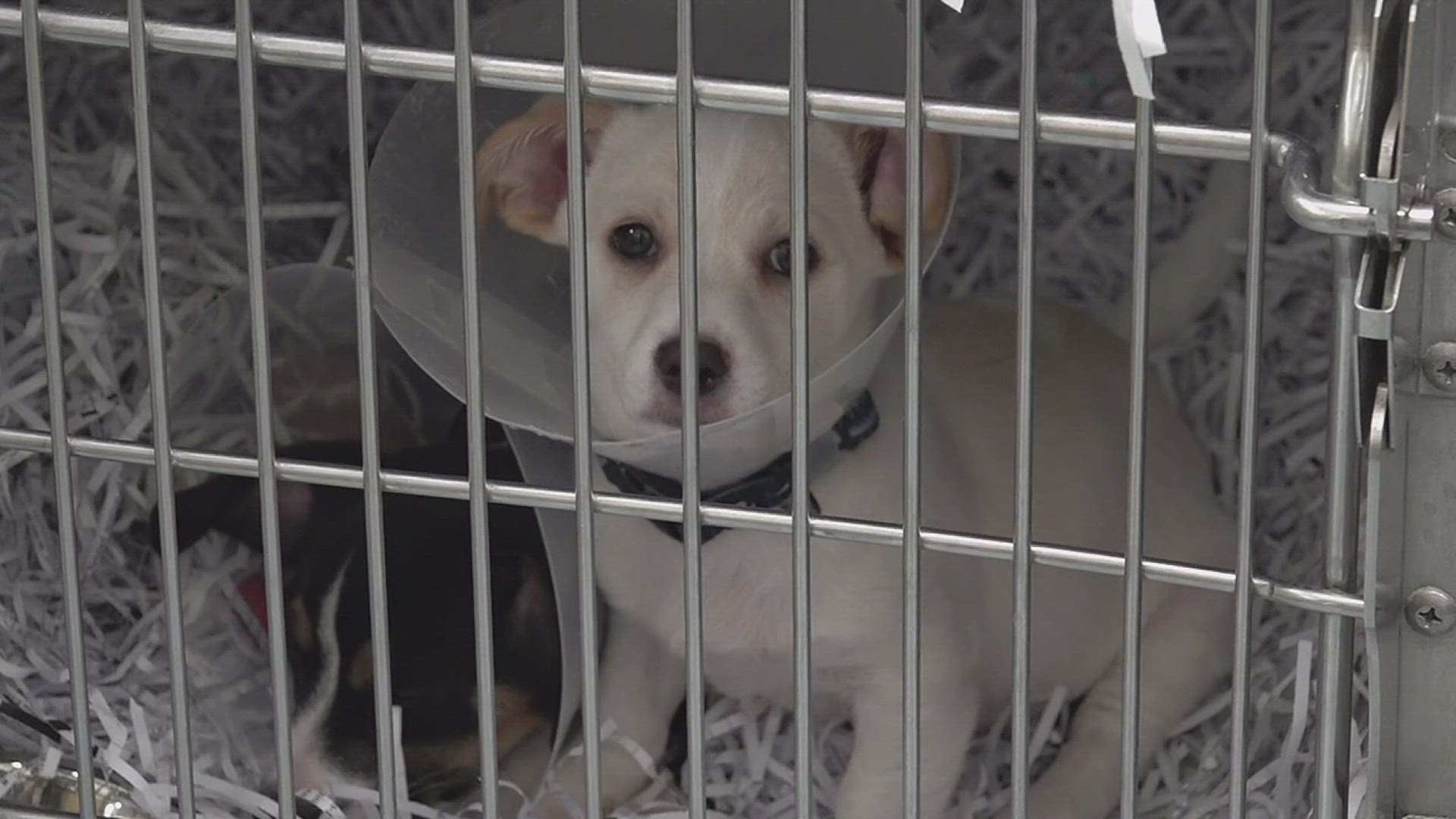
The illness is likely either due to a bacteria or a virus, experts tell TODAY.com, but it doesn’t respond well, or at all, to standard treatments, such as antibiotics. The typical first symptom is a cough, which may last for weeks or even months. In some dogs, the cough turns into pneumonia, causing them to struggle to breathe.
“It seems to happen very, very quickly — to go from this cough that’s just won’t go away … and then all of a sudden they develop this pneumonia,” Dr. Lindsey Ganzer, veterinarian and CEO at North Springs Veterinary Referral Center in Colorado Springs, Colorado, tells TODAY.com.

It’s unclear how many dogs have developed the illness, as most states are not formally tracking cases. However, anecdotally, veterinarians in critical care settings tell TODAY.com that they’ve seen dozens of cases since the fall, and these rates have not slowed.
Dr. Gina Kettig, veterinarian at VCA Alameda East Veterinary Hospital in Denver, said in a Nov. 20 segment on TODAY that she’s seen “a plethora of these infections and it’s concerning. … We are using our isolation ward heavily with all of these infections.”
Ganzer says she’s seen over 30 dogs with what she believes to be the condition since October. Lately, two or three dogs a day with a mysterious cough have been coming to her hospital, and most have needed hospitalization. She’s lost four dogs to the illness, but they all had severe pneumonia by the time she started treating them.
Ganzer notes that the illness seems to be affecting dogs regardless of age, size or breed, but it’s most common in dogs who recently spent time with other dogs, such as at a kennel or doggy day care.
That’s why many veterinarians are urging dog owners to keep their canines out of boarding facilities, groomers and anywhere else dogs tend to gather in groups for the time being.
“I think concern is fine,” Dr. Kurt Williams, director of Oregon Veterinary Diagnostics Lab, who’s been researching the illness for the past month and a half, tells TODAY.com. It’s not a time for dog owners to “become paralyzed with fear,” he adds.

What is the mystery dog illness?
Dogs with this mystery illness usually have coughing, sneezing, eye or nose discharge, are abnormally tired, and do not test positive for any common causes of canine respiratory illness, the Oregon Department of Agriculture noted in a Nov. 9 press release.
Typically, dogs with respiratory illnesses have a cough for seven to 10 days, but some vets have seen an uptick in dogs with coughs lasting weeks to months that don’t respond to treatment, the Colorado Department of Agriculture said in a Nov. 22 statement.
Dogs are most likely to contract the mystery illness by being in close contact with numerous other dogs — so places like day care, dog parks, groomers or boarding kennels, Ganzer explains.
Since mid-August, the Oregon Department of Agriculture has received reports of over 200 cases of the illness from veterinarians in the state.
An Oregon Department of Agriculture spokesperson tells TODAY.com that cases are still being reported and that the department is working with other authorities to try to find the cause of the illnesses. Veterinarians who see cases are encouraged to report them to the Oregon Department of Agriculture.

The Colorado Department of Agriculture is not currently tracking case numbers but shared that “veterinarians (in the state) are currently reporting that they are seeing double the number of cases than what is typically seen during a canine infectious respiratory disease outbreak.”
Dr. Amanda Cavanagh, head of urgent care services at Colorado State University James L. Voss Veterinary Teaching Hospital, in Fort Collins, Colorado, tells TODAY.com this past summer she started seeing cases of dogs with coughs lasting several weeks or longer, and the trend has continued into the fall. She estimates her caseload of coughing dogs has doubled over the past month or so.
While dogs with a contagious cough are common in veterinary settings, Cavanagh notes that she normally sees cases decrease in the fall as temperatures drop and fewer dogs are gathering at parks. “But this year, the spike has stayed high,” she explains.
In its press release, the Oregon Department of Agriculture noted that the illness can progress in three ways:
- Mild to moderate cough for six to eight weeks or longer that either doesn’t respond to antibiotics or only responds a little
- Chronic pneumonia that doesn’t respond to antibiotics
- Severe pneumonia that “often leads to poor outcomes in as little as 24 to 36 hours”
Cavanagh has witnessed all three scenarios play out at her hospital. Recently, she’s seen more dogs than usual with a long-lasting upper respiratory infection who then develop pneumonia from a secondary bacterial infection. In a small subset of these dogs, the pneumonia can be “really severe,” she explains.
Of the dogs she’s treated, she says most who develop pneumonia respond to antibiotics, and many with a long-lasting cough recover with time and never get pneumonia. But of those who develop the severe pneumonia, some have died or had to be euthanized.
“That really bad pneumonia, historically, is very, very rare. Maybe I would see one case a year,” Cavanagh says. “We’ve seen a handful of them in the past weeks to months.”
How many dogs have died from the mystery illness?
Because most states are not tracking case numbers, it’s not known exactly how many dogs have died from the illness.
Experts recommend isolating dogs amid respiratory ‘mystery illness’
FOX News’ Shannon Bream sits down with Warrior Canine Connection executive director Rick Yount and veteran Buddy Niner to discuss the organization’s ongoing efforts to provide veterans with service dogs.
Cases of a fatal respiratory condition in dogs have appeared in Oregon, Indiana, Illinois, Washington, Idaho, California, Nevada and throughout the Northeast as veterinarians scramble to determine what is causing the mysterious illness.
The first symptom, experts say, is a pervasive cough that can last for several weeks and is resistant to traditional antibiotic treatments.
“It seems to happen very, very quickly,” Dr. Lindsay Ganzer, a veterinarian at North Springs Veterinary Referral Center in Colorado Springs, told TODAY. “[Dogs] go from this cough that just won’t go away… then all of a sudden they develop this pneumonia.”

Executive Director of the Washington Animal Disease Diagnostic Lab Kevin Snekvik, whose facility has been researching the condition, described the illness’s symptoms in an interview with KIRO7.
“Your dog will run a fever and they won’t feel good,” Snekvik said. “They’ll become lethargic, meaning they want to lie around more when normally they’d be wanting to play outside… and the coughing part of it, that becomes more productive like a wet cough, like a hacking cough.”
Per the Oregon Department of Agriculture, symptoms also include sneezing, eye or nose discharge, fatigue, blue or purple gums from oxygen deprivation, trouble breathing and negative tests for other common respiratory illnesses.
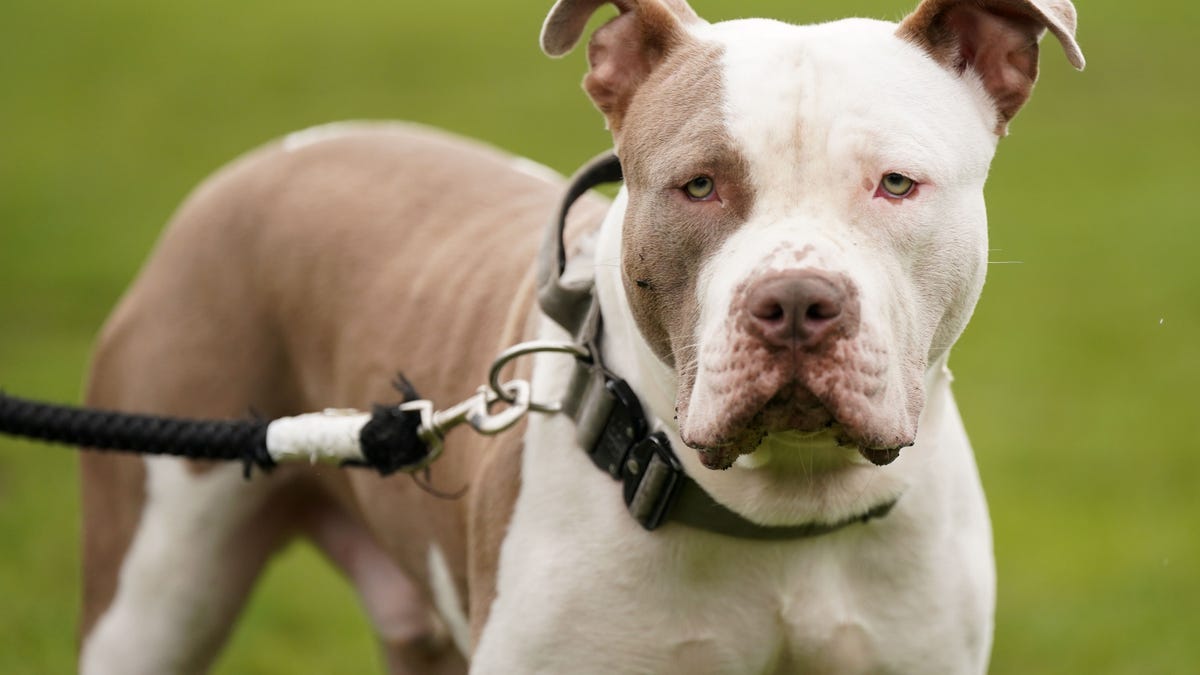
Since mid-August, the Oregon Department of Agriculture has received over 200 reports of the unidentified condition, per a November 9 press release.
However, Ganzer told Today, her hospital has been sending samples from dogs that contract puzzling, severe pneumonia to a research lab in New Hampshire that has been studying the illness since 2022.
Although the American Veterinary Medical Association told Today that they are monitoring cases of the condition in other states, it is unclear how many pets have suffered nationwide.
Dogs are most likely to contract the condition by being in close contact with numerous other dogs at daycare, groomers, boarding kennels and dog parks, Ganzer told the outlet.
Dr. Amanda Cavanaugh, head of urgent care services at Colorado State University James L. Voss Veterinary Teaching Hospital, told Today that, usually, cases of other contagious coughing conditions in dogs tend to decrease in the fall as temperatures cool and fewer canines congregate in parks.
“But this year, the spike has stayed high,” Cavanaugh told the outlet.
Kurt Williams, director of Oregon Veterinary Diagnostics Lab, has been researching the illness for about a month and a half and says researchers are “trying to pin down a potential cause or causes for the entity.”
Williams speculates that the condition could be a virus: “The way the cases are presenting, the way that they’re apparently spreading – anecdotally, of course – it sounds infectious.”
Dog owners should make sure that their dogs are up-to-date on their vaccines, including for canine influenza, Bordetella and parainfluenza, per the Oregon Department of Agriculture. Dogs should have health checks 12 to 24 hours before attending events with other dogs, the organization said, and owners should “consult [their] veterinarian[s] for dog-specific advice before attending any events where dogs are congregated.”
Snekvik recommended that dog owners avoid boarding pets over the holidays if possible and avoid congregating with unfamiliar dogs.
Mystery illness affecting dogs across the United States


A mystery respiratory illness has stricken dogs in at least 14 states, according to the American Veterinary Medical Association, which is asking vets to report cases while laboratories race to isolate the pathogen.
Researchers are still attempting to determine if the disease, which can be fatal, is viral or bacterial, and whether it could be a variant of the well-understood canine disease known as “kennel cough,” the association said.
Symptoms include coughing that can last four to six weeks, which could be mild bronchitis or could escalate to pneumonia. Some acute cases have quickly become pneumonia within 24 to 36 hours, the association said.
So far there is little indication the disease can spread to humans, but vets are warning dog owners to take extra care this holiday season when pets travel with families or are placed in kennels.
Though cases have been reported for months, the association has stepped up its public advisories recently for the holiday season.
Oregon has reported some 200 cases, and there have been an unknown number of cases in California, Colorado, Florida, Georgia, Idaho, Illinois, Indiana, Maryland, Massachusetts, New Hampshire, Rhode Island, Vermont and Washington.
The Oregon Department of Agriculture is working with state and national diagnostic laboratories to identify the cause, and the Colorado State University College of Veterinary Medicine and Biological Sciences has linked the disease to cases of severe pneumonia and some deaths, the association said in its latest advisory updated on Wednesday.
Veterinarian Rena Carlson, president of the association, said so much remained unknown about the outbreak that it was simply being referred to as an atypical disease.
“We just don’t know whether it can jump to other species, whether that would be humans or cats. We’re watching that really closely,” Carlson said in an interview.
Experts in New Hampshire have focused their investigation on a new bacterium, but so far antibiotics have been largely ineffective as treatment, Carlson said.
Carlson recommended dog owners to get their pets current on vaccinations and to seek veterinary help as soon as dogs show symptoms.
.webp)


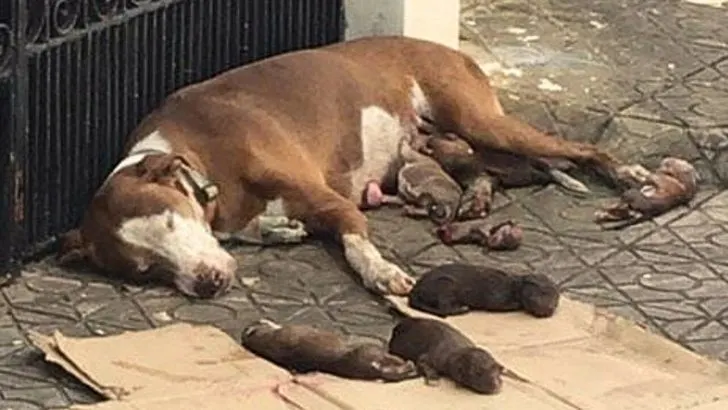





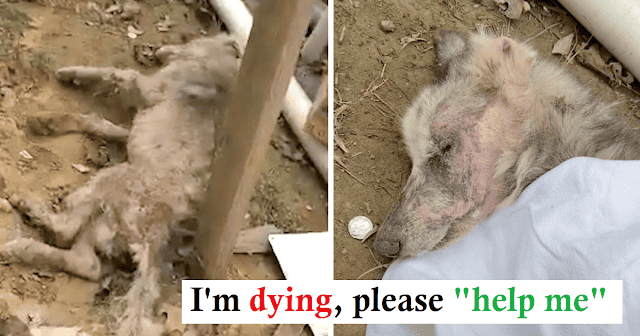





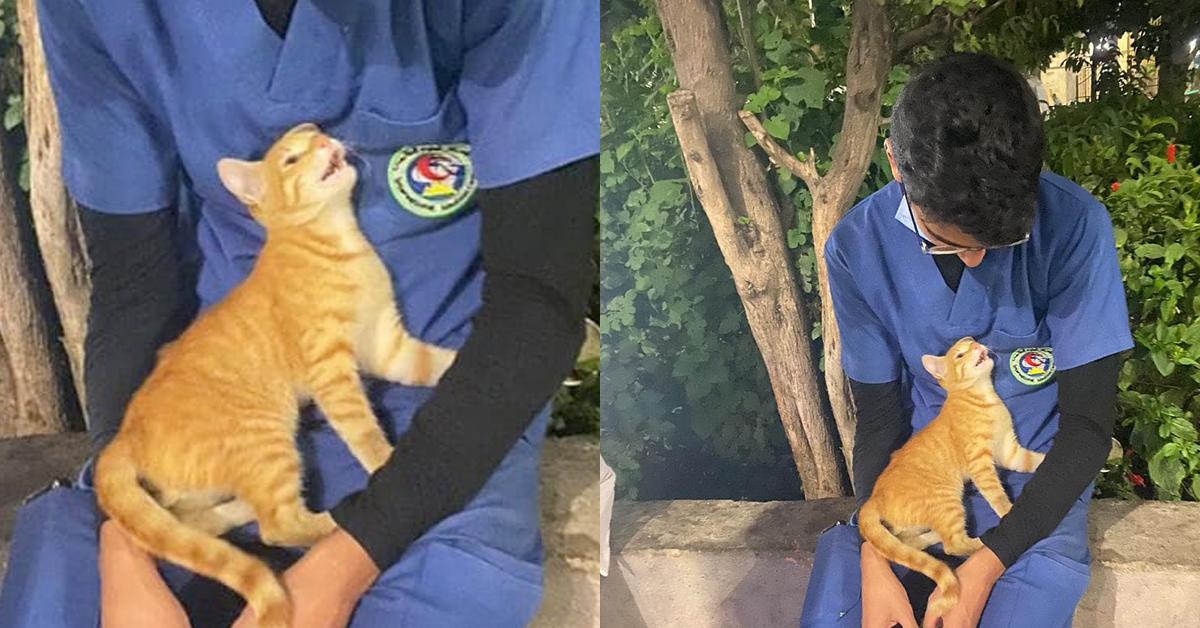

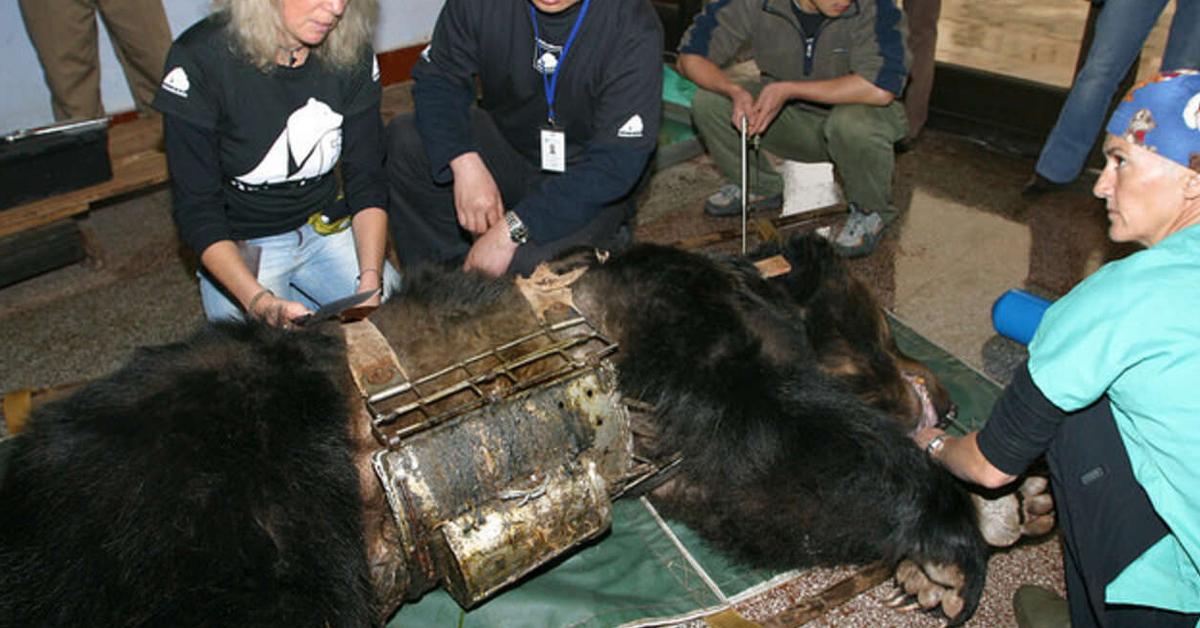






:max_bytes(150000):strip_icc():focal(939x278:941x280)/steve-iriwn-090422-03-2000-43c6af0b3e6f4e1992de47bafb080d9b.jpg)
